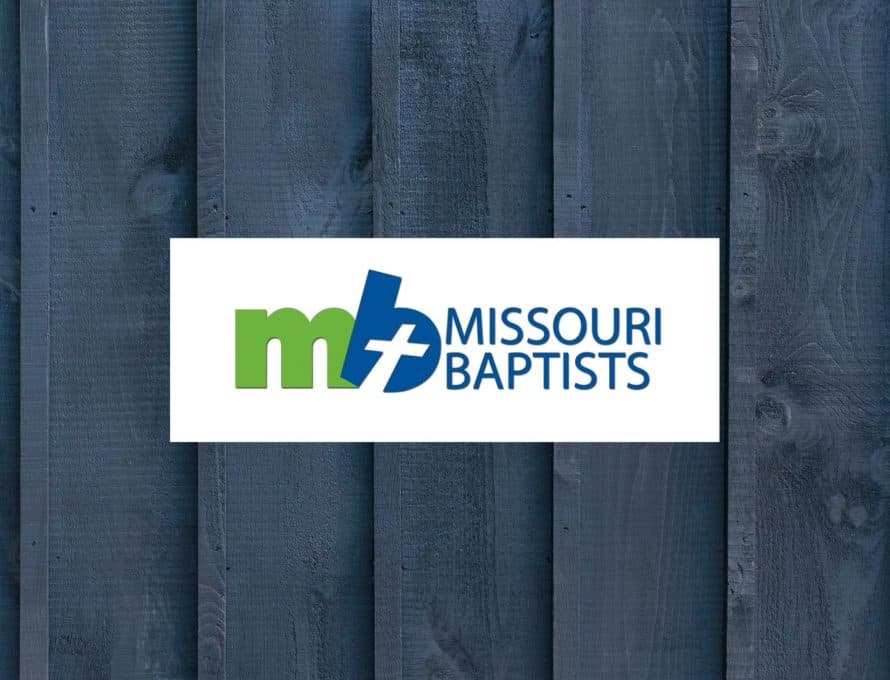SPRINGFIELD – The fired former developer on a Springfield Baptist Student Union (BSU) project has filed a mechanic’s lien claim for “pre-construction services” it says were done before it was terminated last fall by the Executive Board of the Missouri Baptist Convention (EBMBC).
Convention leaders dispute the claim and say the developer was let go before a final contract was even negotiated. The project has been on hold for the initial fund-raising phase. MBC legal counsel say they hope to resolve the matter either by mediation or in court.
Integrity Development and Construction LLC filed a mechanic’s lien claim on March 10, 2022, in Greene County, MO, circuit court, asserting that it had performed “pre-construction services” worth $319,620.18, before it was terminated by EBMBC in September 2021. The first and only “invoice” was dated October 11, 2021, after EBMBC told Integrity it would not be servicing the project. The “Application for Payment No. 1” asserts that pre-construction services were “100% complete” and that EBMBC owed the developer an additional $761,002,00 for “overhead and Profit for Uncompleted Work.” (The lien claim does not seek the “lost profits” portion of the invoice.)
In a written statement to Pathway, MBC legal counsel said the developer had submitted no invoices before it was struck from the project. The developer has not provided details about the work it now says it performed, and has not explained why it would spend substantial time on a project on hold for fundraising. Legal counsel said it appeared that the lien claim was in retaliation for being let go before the project got underway, and before key details were ironed out.
The developer did attach to the lien claim a copy of a standard form contract for developers used by the parties. A cursory review of the pre-printed form prepared by the developer shows that many material terms were explicitly left “to be determined” after the project raised enough funds to start. These included important parts of any project, such as the scope of work, the architectural plans, the commencement date and completion date, even the “contract sum” to be paid to the developer for services.
“This project was in the early stages, and any agreement was a work in progress,” said MBC legal counsel Michael Whitehead. “Many of the major terms of the contract were waiting to be defined. The parties signed as an expression of intent to use the particular developer. After a few meetings, EBMBC told Integrity that its services would no longer be needed. Only then did the developer claim that it had completed 100% if the pre-construction work and that it was owed its lost profits for work it had not done. This is a tight economy, but no reasonable business would pay $300,000 for a bill unless those services were performed and delivered. When we asked Integrity for details, they hit the project with a lien. EBMBC will gladly pay its just debts, if we see proof of services actually performed for this project.”
At the March 10th meeting of the Executive Board, a decision was made to explore additional avenues for funding the project, and to begin some preliminary demolition work on old buildings. The Executive Board’s recommendations regarding the BSU project in Springfield read as follows:
• “The Executive Board authorizes the demolition of the student center building and annex building both located on the Springfield BSU property using funds already approved by previous Executive Board decisions. The approximate cost of this demolition is not expected to exceed $125,000.”
• “The Executive Board authorizes the Executive Director time to research new models being considered in other state conventions for multipurpose buildings similar to the plans developed for the Springfield BSU Project.”

